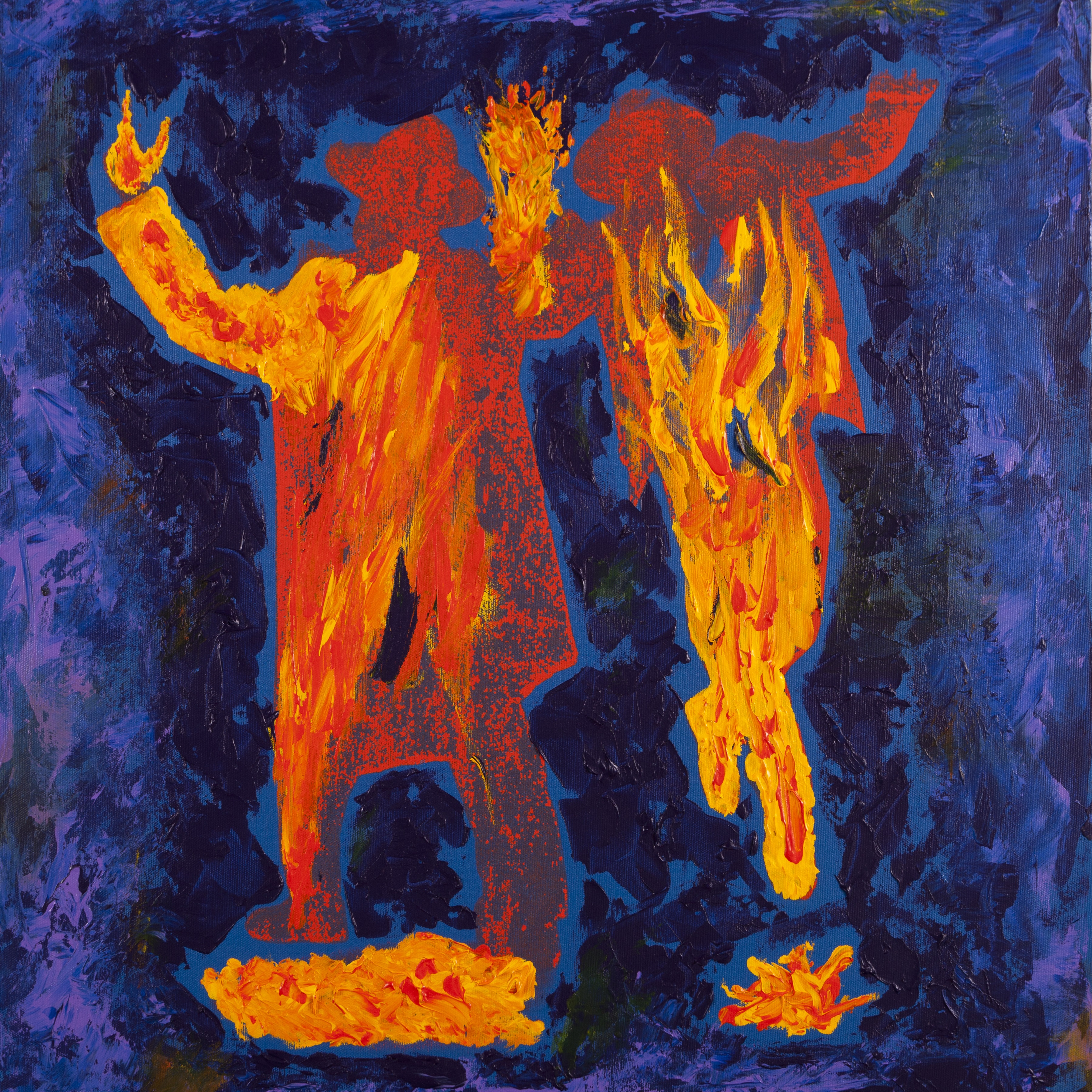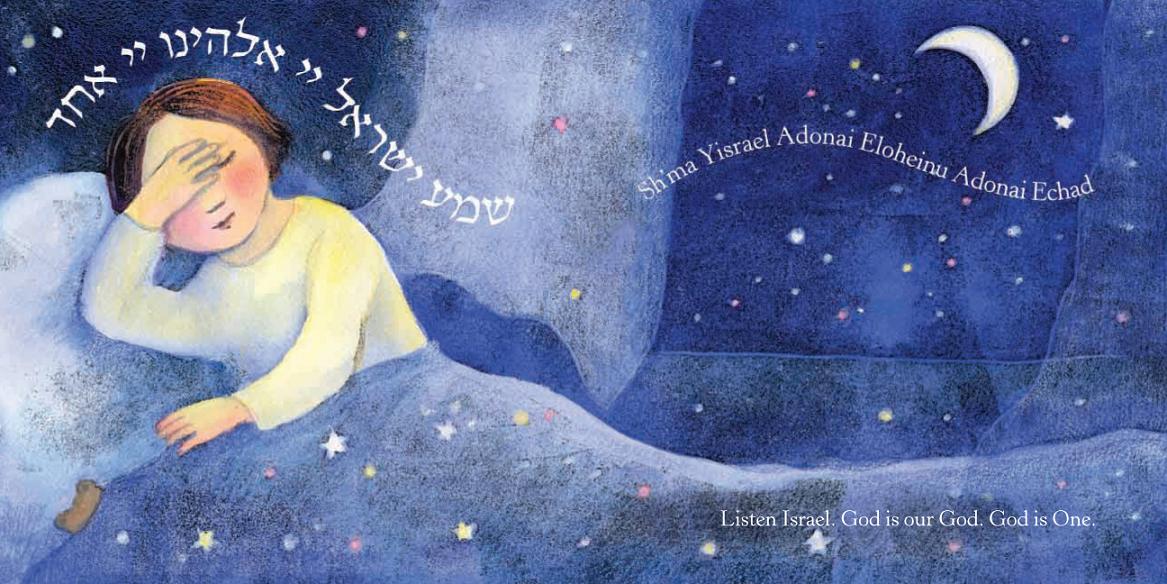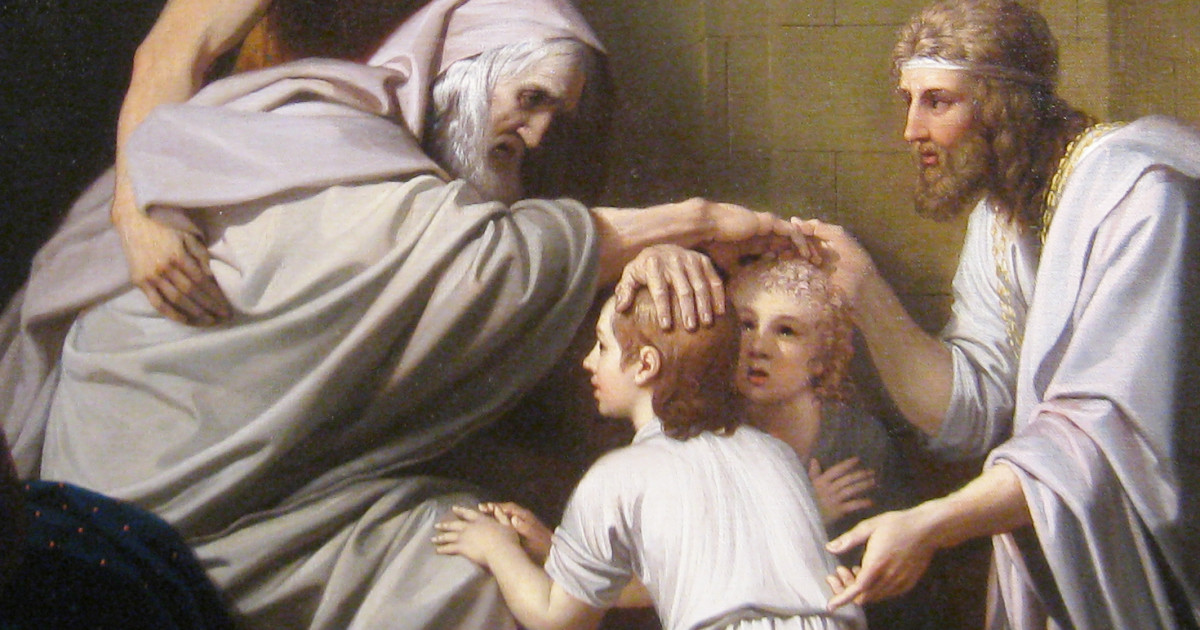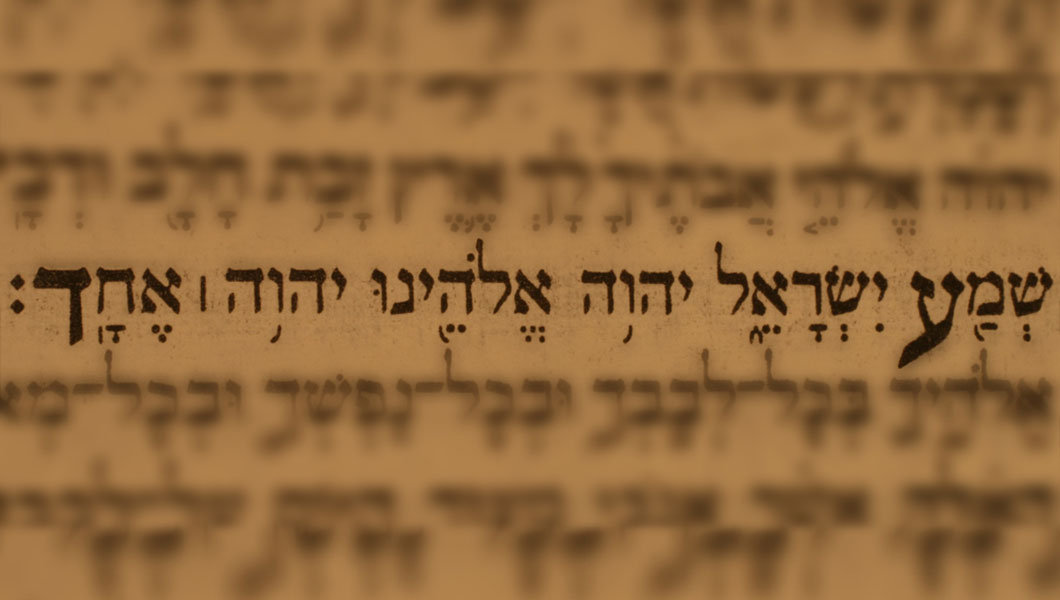Souls On Fire: An Oratorio

in anticipation of the May 6, 2018 performance at Ansche Chesed “My father, an enlightened spirit, believed in man. My grandfather, a fervent Hasid, believed in God. The one taught me to speak, the other to sing.” Elie Wiesel, Souls on Fire These striking opening words of the Nobel Laureate’s 1972 book capture the… Read more »








